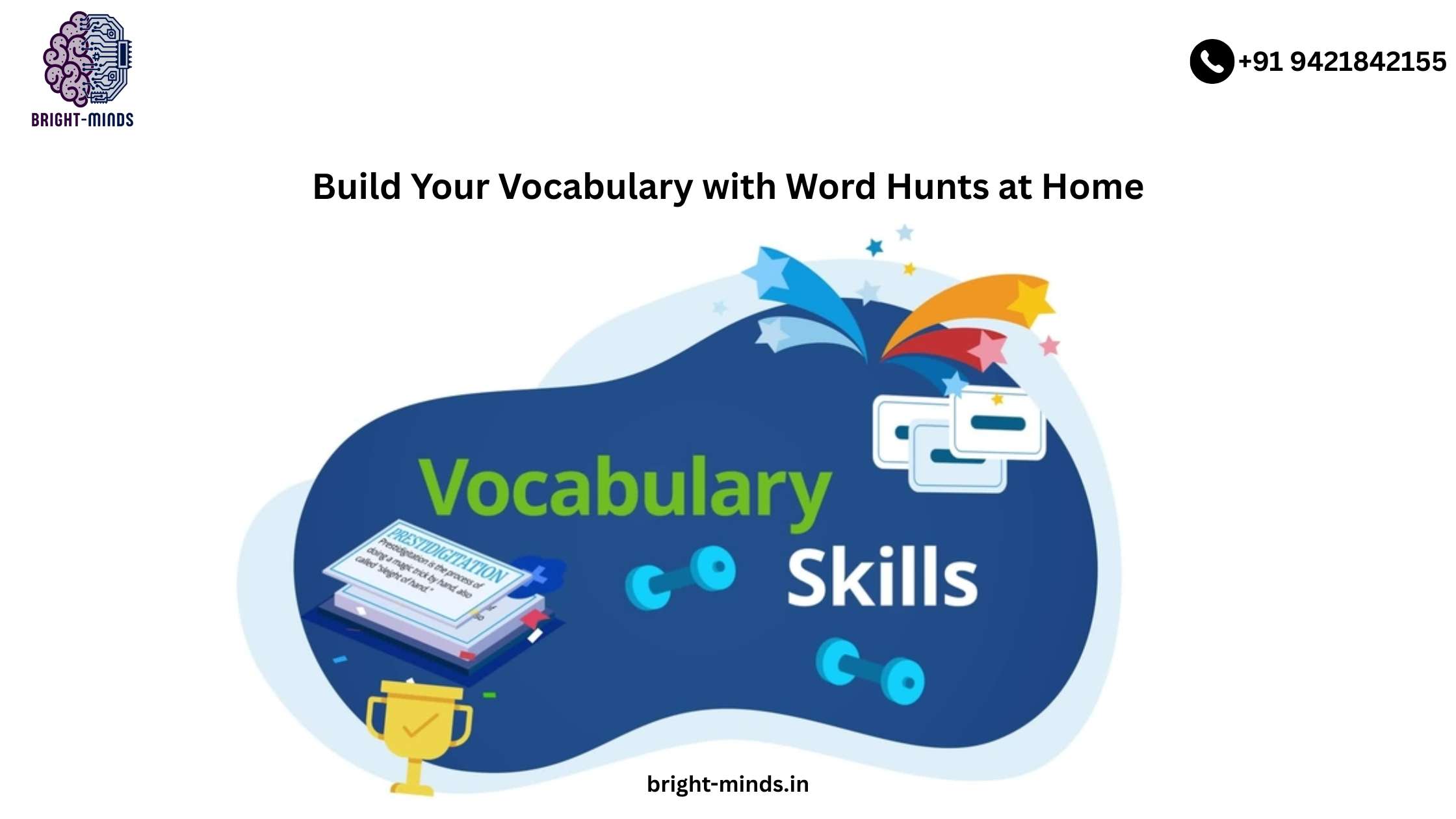It doesn’t have to be tedious to develop a good vocabulary. Indeed, it can be an enjoyable game! Going on a Word Hunt at home is one of the most thrilling methods to pick up new vocabulary.
This blog will teach you how to transform ordinary locations into educational experiences, whether you’re a parent, educator, or an inquisitive student.
What Is a Word Hunt?
Children might seek for specific words in books, newspapers, labels, or even around the house during a fun game called a word hunt. It assists kids in recognizing new words, comprehending their meanings, and applying them in everyday situations.
Spelling, reading, and vocabulary are all enhanced by this entertaining game!
Why Word Hunts Work So Well
- Boosts observation and focus
- Encourages curiosity
- Improves reading comprehension
- Helps with word retention
- Fun and interactive learning method
How to Organize a Word Hunt at Home
1. Choose a Word Theme
Start with a theme based on the child’s age or school syllabus. Here are a few ideas:
- Fruits & Vegetables
- Action Words (run, jump, skip)
- Opposites (hot/cold, big/small)
- Colors and Shapes
- Adjectives (soft, hard, tall, short)
2. Decide Where to Hunt
Make it interesting by choosing different areas:
- Inside a storybook
- Around the kitchen (labels, packs)
- Newspaper headlines
- Posters or calendar
- In your garden (plant tags, tools)
3. Set a Goal or Timer
Challenge the child to find:
- 10 new words in 15 minutes
- All the color words in a magazine
- Words starting with the letter ‘B’
4. Use a Word Hunt Sheet
Give your child a sheet to write down the words they find. Include columns like:
- Word
- Meaning
- Where it was found
- Use it in a sentence
Fun Variations of Word Hunts
● Alphabet Hunt
Find one word for each letter of the alphabet around your home.
● Storybook Safari
Pick your child’s favorite storybook and go hunting for new words on each page.
● Rhyme Time Hunt
Find words that rhyme with a given word like “cat” or “sun.”
● Treasure Word Map
Hide flashcards with new words around the house and create a map or clues to find them.
Post-Hunt Learning Activities
After the hunt, help kids:
- Make meaning-and-picture flashcards.
- Use five new words to write a brief tale.
- Engage in genuine conversations using the new words.
- Make a spelling bee out of the discovered words.
Age-Wise Tips for Word Hunts
Grades 1–3:
- Use picture clues
- Start with nouns and basic verbs
- Keep it short and colorful
Grades 4–6:
- Introduce adjectives and opposites
- Add sentence formation tasks
- Use bilingual word challenges (English + Mother Tongue)
Grades 7–8:
- Explore synonyms/antonyms
- Include dictionary use
- Hunt in newspapers or websites for current affairs
Final Thoughts
Word Hunts transform vocabulary acquisition from a tedious chore into an engaging adventure. Children may learn new words, gain confidence in speaking and writing, and cultivate a lifetime love of language with just fifteen minutes a day.
Thus, take out a notebook, set a timer, and start your word journey at home!
You might be like this

